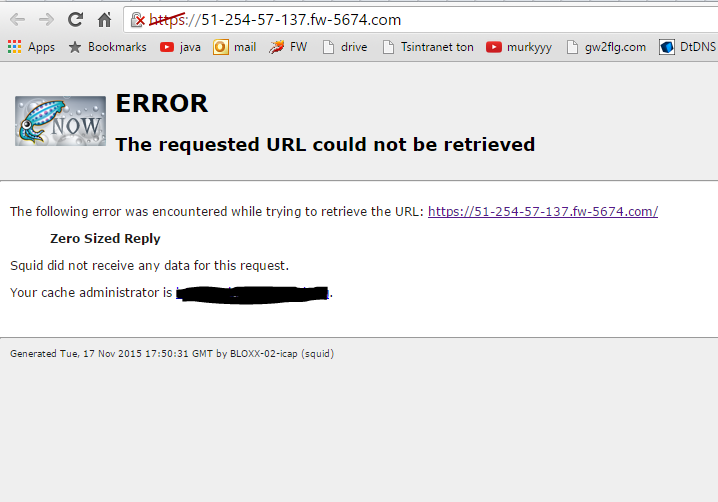Localhost is a combination of two words "local" (your computer) and "host" (server) is a term for a server running on a personal computer. Localhost allows you to access network services running on that computer using a loopback network port. It is like a web server including Apache, MySQL, PHP, and PHPmyadmin.
Here at Ibmi Media, as part of our Server Management Services, we regularly help our Customers to perform related Localhost website development queries.
In this context, we shall look into what localhost is all about.
About 127.0.0.1 / loopback address
Localhost is not just a term but it can also be a domain name. It is a network address. If you type "google.com", it will navigate to Google home. So if you type localhost, it will navigate to your own device. Here, it will use an IP address which domain name localhost point to known as the loopback address.
The default loopback address is 127.0.0.1, located in the loopback IP range of your computer is from 127.0.0.0 to 127.255.255.255. If open address 127.0.0.1 with IPv4 connection, it will enable loopback. You can enable loopback with IPv6 connection by typing :1.
Why Localhost ?
What can you do with localhost?
Basically, there are 3 special advantages that loopback/localhost does:
1. Check the internet connection:
You can check the internet connection by using the ping command. Open the terminal and type "ping 127.0.0.1" or "ping localhost" to check:
$ ping 127.0.0.12. Check software or web applications
This is very useful for programmers when they create web applications or software that need an internet connection.
3. Block site
The essence of this is that you change the IP address of a domain name to 127.0.0.1. For example, we want to block the domain "google.com":
Firstly,we will access to hosts file by text editor:
$ sudo nano /etc/hostsSecondly, you type:
127.0.0.1 google.comFinally, Save it and the domain "google.com" will be blocked.
4. Speed Test
As a network administrator, you will want to make sure that all equipment and the TCP/IP are in top condition. You can do this with a connection test and by sending a ping request to the localhost.
For example, you can easily open the command prompt or the terminal and enter "ping localhost" or "ping 127.0.0.1". The localhost test will show how well everything performs, from the number of data packets received, sent, or lost, to how long the data transmission takes. If there are any problems, you can immediately fix any that occur.
[Need assistance in opening Linux system ports? We can help you. ]
Conclusion
This article covers what localhost is as well as 127.0.0.1/loopback. In fact, Developers use the localhost to test web applications and programs. Network administrators use the loopback to test network connections. Another use for the localhost is the hosts file, where you can use the loopback to block malicious websites.
This article covers what localhost is as well as 127.0.0.1/loopback. In fact, Developers use the localhost to test web applications and programs. Network administrators use the loopback to test network connections. Another use for the localhost is the hosts file, where you can use the loopback to block malicious websites.












